The British government has banned puberty blockers but they remain legal in Australia
Author J.K Rowling has openly condemned the use of puberty blockers by children after they were banned in the UK but the treatment remains legal in Australia.
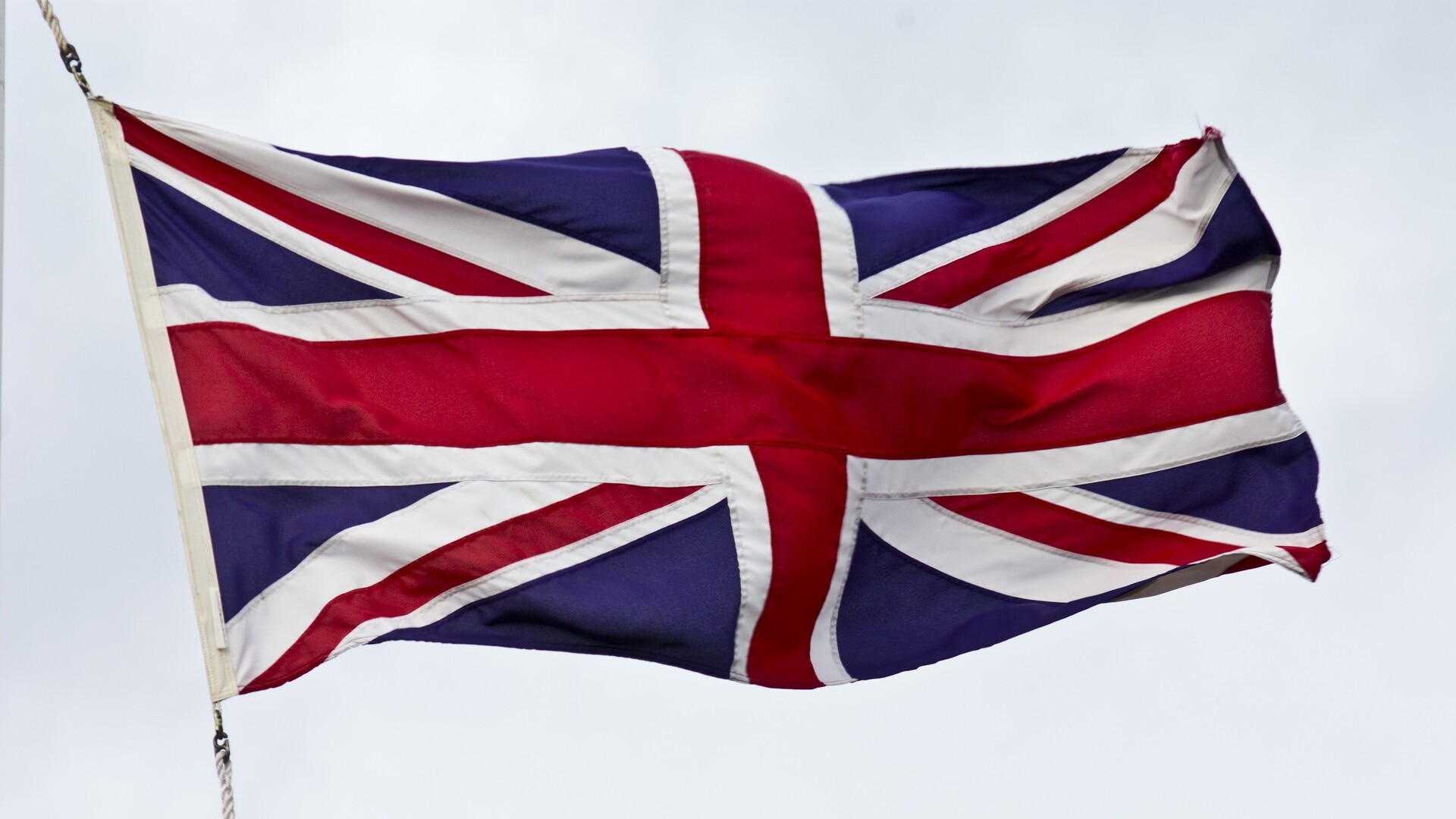
Health
Don't miss out on the headlines from Health. Followed categories will be added to My News.
J.K. Rowling’s view on the banning of puberty blockers in the UK is plain and simple – it’s the right decision by the British government.
While she no doubt has her supporters she too has bore the brunt of intense criticism around the world for her opposition to treatments for gender dysphoria and gender incongruence in young people.
Despite this, she won’t be backing down anytime soon.
In one recent social media post her outrage was clear.
Father of one advises parents to buy harmful drugs online which could render their children infertile, lower their IQ and lead to bone thinning. pic.twitter.com/LHZ1mqjwm3
— J.K. Rowling (@jk_rowling) December 14, 2024
“Father of one advises parents to buy harmful drugs online which could render their children infertile, lower their IQ and lead to bone thinning,” she posted on X.
Her online swipe was in response to a post by British transgender TV journalist India Willoughby, encouraging families to find workarounds to the British government’s controversial ban of puberty blockers.
“Try and get your puberty blockers from private sources or travel abroad if you can,” Willoughby posted on X.
“PBS (puberty blockers) are absolutely safe in every country in Europe, bar the UK”.
Puberty blockers are medicines that help block the hormones including testosterone and oestrogen by delaying or preventing puberty in transgender people, stopping the development of unwanted sex characteristics.

UK government’s ban
The UK’s National Health Service (NHS) put a stop to the prescription of puberty blockers to under 18s in early 2024 after the 388-page Cass Review was handed down.
The review, commissioned in 2020 into gender identity services, was compiled by pediatrician Dr Hilary Cass.
The report found there was insufficient evidence to show puberty blockers were safe.
In 1989 the Tavistock and Portman NHS centre opened in London and for decades was the only centre in the UK set up to help children struggling with their gender identity.
Tavistock closed in March 2024.
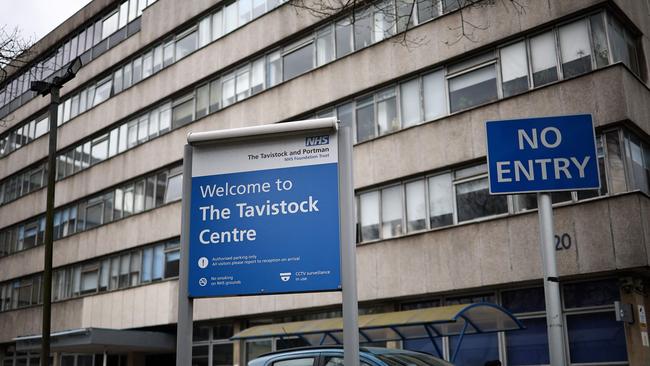
But the UK government went one step further and in December announced the indefinite ban on puberty blockers via private prescriptions.
The order will be reviewed in 2027.
Emeritus Professor of Endocrinology at the University of Oxford, Ashley Grossman, said he remained deeply concerned about the use of puberty blockers by children.
“Treating children with drugs to create an abnormal situation with no very clear outcome or benefit does seem to me to be wrong,” he said.
“There’s been a massive increase in what used to be a small number of mainly males identifying with gender incongruence when they’re very young and that’s completely changed with a massive increase in adolescent girls who often have a whole variety of other mental problems.
“The idea that we should treat that and that’s going to cure them in the absence of evidence is wrong and it’s not what we do in medicine generally.”
It is understood a UK parliamentary committee will be established in the coming weeks to continue scrutinising the ramifications of puberty blocker use.
Damning findings in the Cass Review
Dr Cass said she was initially asked by NHS England to look at published evidence of children with gender dysphoria before she said it had, “rapidly became apparent that there were much broader problems in the whole care of children from when they first questioned their gender right through to those who need medical treatment”.
When she started the review she said she had, “become increasingly worried about the numbers of young people in distress, on a waiting list, not getting the appropriate services, at risk and that’s not OK, it’s just not acceptable”.
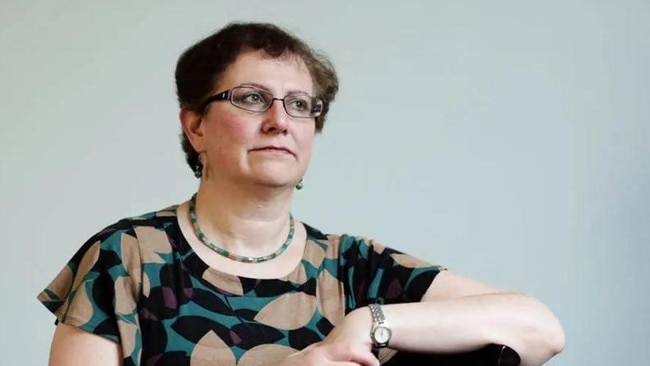
The final report – which delved into 50 studies on puberty blockers and 53 on hormone treatments – published in 2024 found there was “remarkably weak evidence” to provide support for children seeking gender treatments.
It made 32 recommendations including that “the option to provide masculinising/feminising hormones from age 16 is available, but the review would recommend extreme caution.
“There should be a clear clinical rationale for providing hormones at this stage rather than waiting until an individual reaches 18”.
New gender clinics
The opening of gender identity centres in the UK – called Gender Identity Development Services (GIDS) – saw centres inundated with long waiting lists.
In August reports said GIDS – which the Cass review found had let children down by providing a lack of research and evidence of medical interventions for those undergoing a gender change – had more 5700 people left waiting on average 100 weeks for their first appointment.
In 2022 the UK government closed GIDS and replaced them with regional healthcare centres to provide more “holistic care” including links to other mental health services.
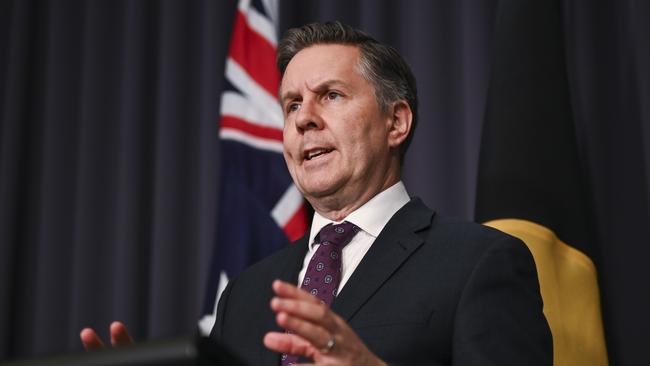
Australia’s stance
In Australia puberty blockers remain legal and in April shortly after the Cass review was handed down a spokeswoman for Health Minister Mark Butler said: “Everyone, including the states and territories who are responsible for these services in Australia, will take the time to consider this review which has just been released”.
This masthead contacted Mr Butler last week to ask a series of questions including whether Australia would follow the UK’s ban on puberty blockers but was told his office was closed until early January.
No changes have been made to current legislation in Australia.
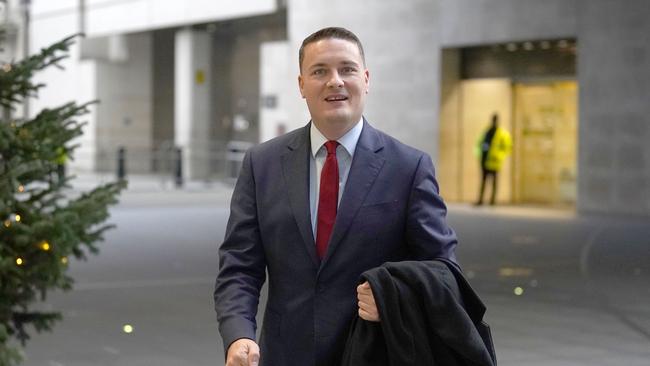
Extensive research into gender treatments
The UK’s health and social care secretary Wes Streeting voiced serious concerns about puberty blockers in an address he gave in the House of Commons in December.
“Medicine has been provided on the grounds of insufficient evidence and young people have been left to go without the support and care they need,” he told the parliament.
“The Cass Review made clear that there is not enough evidence about the long-term effects of using puberty blockers to treat gender incongruence, to know whether they are safe or beneficial.
“That evidence should have been established before they were ever prescribed for this purpose”.
The UK government also requested an independent body, the Commission on Human Medicines, to investigate the use of gender treatments.
It found the current prescribing and care pathway for gender dysphoria and incongruence presented an unacceptable safety risk for children and young people.
The review found the ease at which children were accessing puberty blockers, after in some cases simply filling out an online questionnaire and having one brief Zoom call – was insufficient before children were given access to the life-altering medicine.





